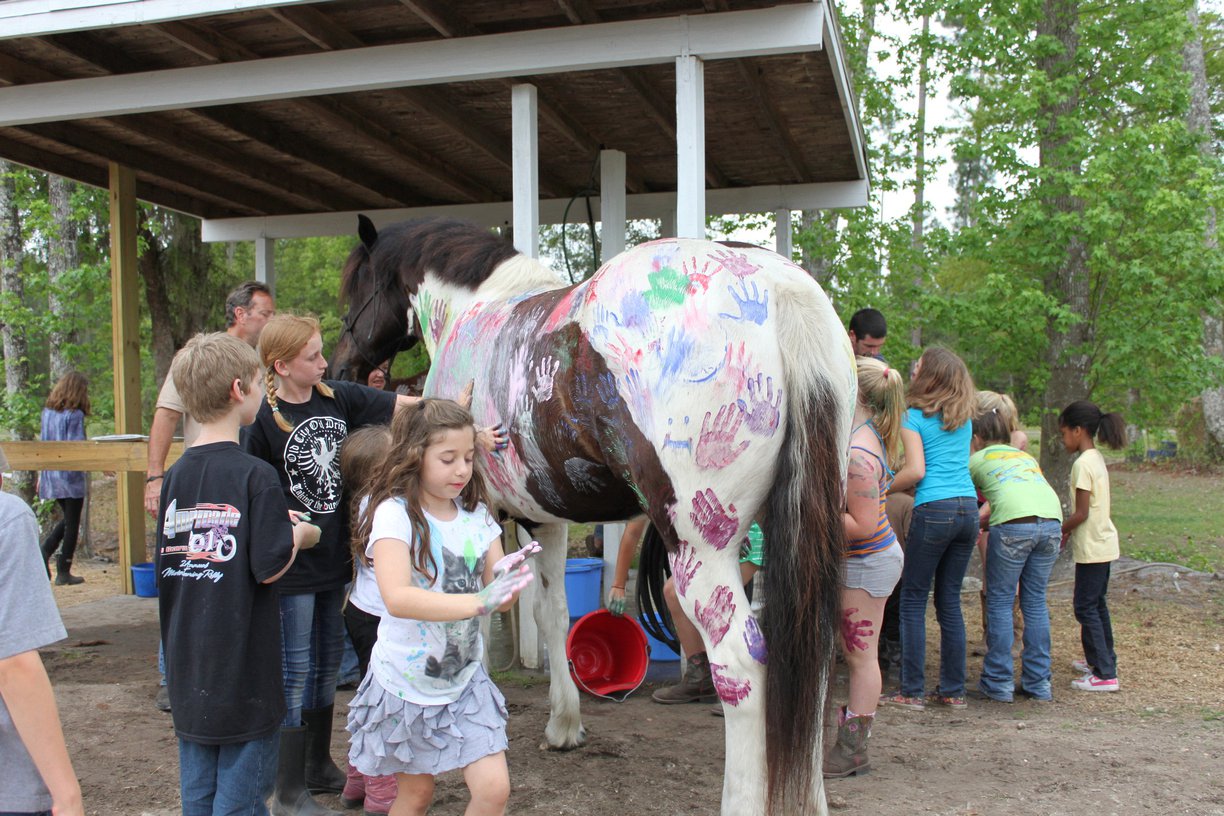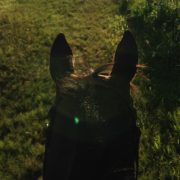Horse Welfare: Pony-Painting Parties vs Keeping Sight of the Real Issues

The transportation of horses over long distances to slaughterhouses. Abused and abandoned equines. The poor conditions faced by many working horses throughout the world. The World Horse Welfare charity’s annual conference in London always serves as a reminder of the biggest welfare challenges of the past 12 months, but often we are guilty of losing sight of the real issues by getting het up over lesser matters.
The recent online outcry against pony painting parties was cited as an example at the conference, after more than 200,000 people signed a petition calling for it to be banned for being cruel and demeaning. It may raise a few eyebrows in the traditional horse world, but for World Horse Welfare it’s pretty inconsequential compared to some of the horrific things horses endure.
Equestrian sport was once again up for discussion at the conference, with mentions of tight nosebands, hyperflexion and the use of negative reinforcement in training among the topics up for debate. But while we are busy debating training methods within the sport, or focusing our attentions on particular disciplines, there are some outwith the equestrian world who think any sort of use of horses for sport should be banned.
We also need to take a hard look at ourselves and question whether we are killing our horses with kindness.
“Some believe that involving horses in sport is inherently exploitative and cruel, not least because they put the horse at risk of injury and fatality,” WHW Chief Executive, Roly Owers said. “Certainly, all risks in sport need to be minimised and fatalities reduced. But while more needs to be done, we need to get the message out there that there is NO activity with horses that is risk free for horse or rider.”
Read this next: We’re Going On A Witch Hunt
Issues such as indiscriminate breeding and the rising number of unwanted horses are still major problems here in the U.K., but according to WHW it’s not just neglected or abandoned horses who are at risk. We also need to take a hard look at ourselves and question whether we are killing our horses with kindness, with equine and human obesity and the anthropomorphism of horses given particular mention. “There are those who pamper their animals, overfeed them treats, keep them in stables all day and pile rugs on at any time of year. The rise in conditions such as Equine Metabolic Syndrome, laminitis, obesity, gastric ulceration and stereotypical behaviours are the tragic health and welfare consequences,” Roly warned.
We must all do our bit. We can avoid overbreeding horses, we can take a hard look at our own welfare standards, training methods and use of horses in competition and always strive to do our very best by our horses. And we can support charities like World Horse Welfare and others who are striving to improve the life of equines who are suffering in unimaginable conditions. That’s far more important than a spot of washable paint on a pony.


